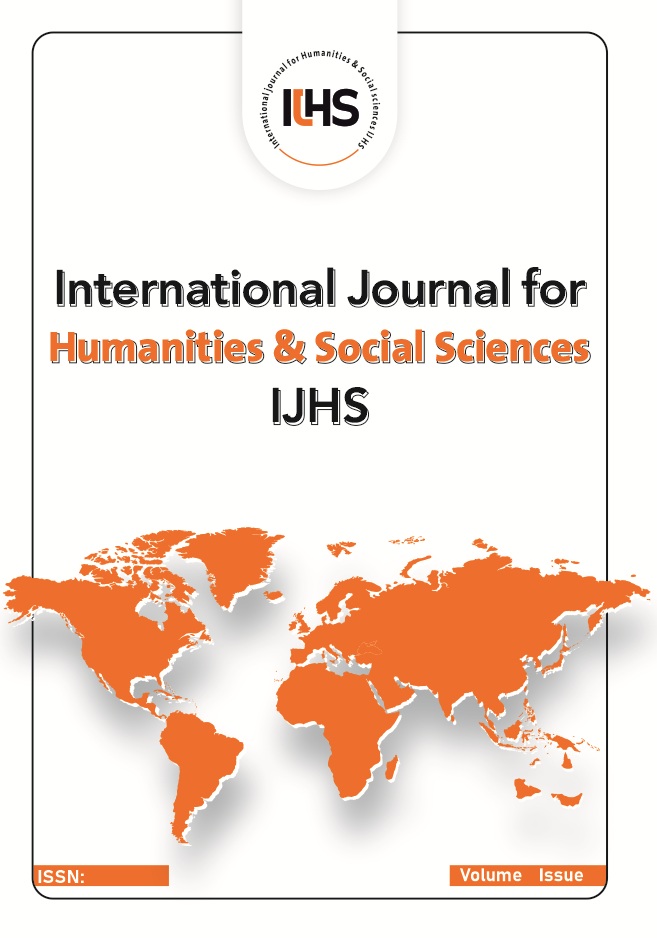The Impact of Incorporating Texts from Nahj al-Balagha of Imam Ali (Peace Be Upon Him) on the Academic Achievement of Fifth-Year Literary Students in the Subject of Arabic Rhetoric
Main Article Content
Abstract
No researcher or observer of the current state of Arabic language instruction in our schools can overlook the weakness of our students in this subject. Our students struggle with reading correctly, writing accurately without errors, and expressing themselves with precise and eloquent language. Additionally, they have difficulty understanding the meanings of literary texts and uncovering the imagery within them. This observation is supported by numerous scientific studies that have pointed to the weakness of students in the Arabic language, compounded by the continued use of traditional teaching methods, which have led to a lack of interest in learning the subject (Al-Rubaie, 1989). The study by (Al-Ubaidi) further confirmed a clear weakness among high school female students, especially in Arabic rhetoric. The issue of weak Arabic language skills is not confined to high school students; it extends to students in education colleges as well. Al-Jubouri's study revealed that the overall state of the Arabic language, particularly grammar, is distressing, reflecting the inability of Arabic language department students to master linguistic skills, especially syntax. Given all this, it has become natural for the Arabic language to drift away from everyday speech, and its rhetorical applications have become difficult for learners to comprehend, making it challenging for students to grasp its beauty and eloquence. Moreover, other reasons prompted the researchers to conduct this current study, including feedback from those who found the idea intriguing and believed it could motivate female students towards their lessons. Furthermore, there is a scarcity of studies that have explored teaching rhetoric by employing texts from Nahj al-Balagha by Imam Ali (peace be upon him). The researchers agree with opinions that attribute the majority of the problem to the aforementioned reasons. Therefore, the researchers have employed texts from Nahj al-Balagha in teaching Arabic rhetoric, hoping that this will be a small contribution to the larger goal of making this subject easier to teach
Article Details

This work is licensed under a Creative Commons Attribution 4.0 International License.
International Journal for Humanities and Social Sciences (IJHS) is licensed under the http://creativecommons.org/licenses/by/4.0, which allows users to copy, create extracts, abstracts, and new works from the article, alter and revise the article, and make commercial use of the article (including reuse and/or resale of the article by commercial entities), provided the user gives appropriate credit (with a link to the formal publication through the relevant DOI), provides a link to the license, indicates if changes were made, and the licensor is not represented as endorsing the use made of the work. The authors hold the copyright for their published work on the IJHS website, while IJHS is responsible for appreciate citation of their work, which is released under http://creativecommons.org/licenses/by/4.0, enabling the unrestricted use, distribution, and reproduction of an article in any medium, provided that the original work is properly cited.

